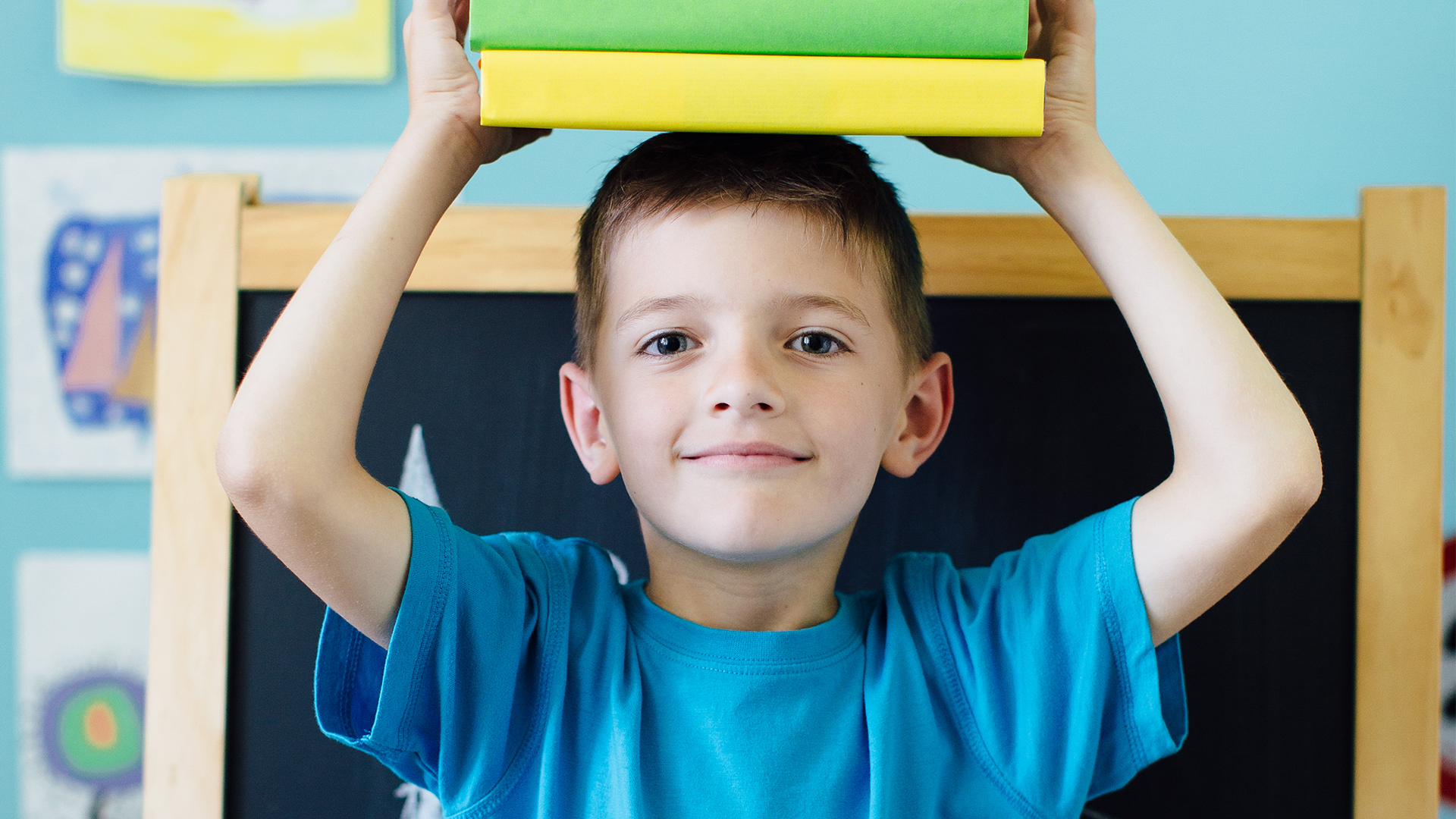I wanted to share my experience on what I have learned about working memory. My experience comes from parenting my own child with challenges and assisting other parents.
What is working memory?
Working memory is our short term memory. Also, you could say it is similar to insufficient RAM memory in a computer. Working memory has limited capacity. For example, we may be able to remember 4 or 5 words or digits that someone asked us too, but it is unlikely we can remember 20 or more words or numbers. Think of it like a phone number without an area code. We might be able to remember an entire phone number but once it gets over 7 digits or so, we can’t remember it without looking into our phones. We may be able to remember these items for only 10 or 20 seconds and then we forget them. Also, we are often seeing that working memory is getting worse for most people. People tend to remember less. Some believe that most people can now only remember 3 or 4 things at once versus 7 things years ago. This could be due to our hectic schedules and the advance use of technology.
What does suboptimal working memory look like in kids with ADHD and other challenges?
At home, you may notice that your child tends to forget to flush the toilet or shut a door. Your child may lose their cell phone or keys more often and can’t remember where they put them. Your child may run to the bathroom and forget to wash their hands because their mind is already back to playing video games.
At school, children often struggle with following directions, writing, testing, reading comprehension and mathematics.
What is working memory a concern for parents?
Parents often get frustrated with these behaviors and may feel their child is ignoring their request or choosing to not comply. I know, as a parent, I felt this way and got very frustrated at times. However, the reality is the working memory is tough to improve and even repetitive prompts don’t necessarily work.
So why do kids with ADHD often have suboptimal working memory?
Children with ADHD often have suboptimal dopamine function. Dopamine often bridges the gap between neurons in the brain.
So, what can we do about working memory issues?
Below are some things that I have learned along the way…
Chunking
Breaking down tasks into small parts can help. For example, the dash in a phone number is there for a reason to help us remember it. Also, for directions, have a step by step list that the child can reference to if they forget what to do next.
Be Visual
Our brains are wired to be visual. When we see things, it helps us remember them. Watching a video online for training is often more helpful than just reading the directions. Use any visuals that your child likes. Sticky notes, lists, calendars, planners, note cards, journals, etc. In school, have teachers use visual ads and lists. Encourage kids to write down or take a picture of an assignment for future reference.
I have found that the recording of information in non technological ways works best. Writing with your child’s own handwriting. However, each child is different so if a list in your child’s phone helps them, then try that. The key is to do it in a way that your child will use.
Ask/observe your child “what works for them?”
Everyone learns in their own way. Some people are more visual, others remember their emotions, others are more tactile, and some like to read or listen to an audiotape. Many kids do better when they are asked to repeat back what they have heard. Ask your child how they prefer to learn. Ask your children what helps them as well as to take time to observe what works for them.
Consider your child’s emotional age
For example, if your child is 16 years old but emotionally is at a 11 year old level (which is not unusual for a child with ADHD), then the parenting should reflect the child’s emotional age. This often requires more patience and more repetition. Ask yourself “Am I expecting my child to have behaviors that are older than were he emotionally is at this time?”
Relate the new information to what your child already is aware of
For example, if your child needs to learn spelling words, you could have them draw a picture or make a sound that helps them remember them. You could have a discussion on how a story that your child is reading is like a video game he is playing. Relating the new information to familiar things can help.
Exercise
Moving our bodies does wonderful things for our mind, body and spirit. It can often help us focus afterwards. Daily exercise is important for everyone, especially children.


